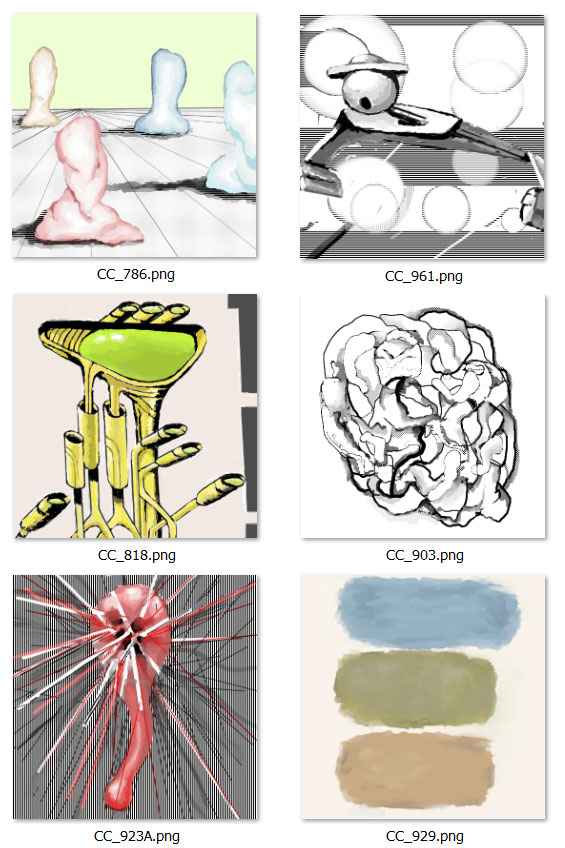Wrote emails to my Senators and Congressman opposing the Internet Blacklist Legislation (the SOPA bill in the House and the presumptuously-named PROTECT IP in the Senate). Ostensibly designed to "stop piracy" (whatever that is in an age of instant copying), the bills tamper with Internet mechanics and would seem to favor the Communist Chinese model of online content facilitating. One Senator wrote back with this boilerplate:
Dear Mr. Moody:
Thank you for contacting me with your concerns about the PROTECT IP Act. I appreciate hearing from you on this important issue.
The “Preventing Real Online Threats to Economic Creativity and Theft of Intellectual Property [1] (PROTECT IP) Act of 2011” (S. 968) would give law enforcement additional tools to combat the illegal online sale of counterfeit or copyright infringing goods.[2] Specifically, this bill would give the Attorney General the power to serve issued court orders on search engines, payment processors, advertising networks, and Internet service providers.[3] It would allow suit against site operators, but would not allow law enforcement to block access to a site.[4} This bill would also require plaintiffs to sue the owner or registrant of a domain name before bringing suit against a site itself.[5]
The “PROTECT IP Act” was approved by the Senate Judiciary Committee in May 2011 and now awaits action by the full Senate. Please be assured that I will keep your views in mind as the Senate considers this issue. Thank you again for contacting me.
Sincerely,
Senator ____________
1. As Richard Stallman has pointed out, there is no legal concept of "intellectual property" -- rights conferred under copyright, trademark, and patent laws each have their own quite different reasons, limits, and means of enforcement. Commingling the concepts benefits owners who are trying to create broad property rights for what should be very specific legislative protections. If you mean copyright, say copyright. The bill is vague in its very name.
2. Why is this needed? The "safe harbor" provisions of the current law (Digital Millennium Copyright Act) do an adequate job of balancing the interests of the public with the acquisitiveness of copyright holders.
3. The Attorney General already has this power. Are you talking about extending his jurisdiction to trump state law? Or other countries' laws? If so, is this wise?
4. If you are tying a site owner up in court, incurring attorney fees, etc, this is effectively "blocking" the site of a mom-and-pop publisher. Anyway, site owners can already be sued without changing the current law.
5. Again, if by "plaintiffs" you mean the government or entertainment moguls, you are talking about parties with large resources to sue vs people who will be wrecked by litigation. Under the "safe harbor" provisions of the current law, a takedown notice gives all parties an opportunity to rectify possible infringement without resorting to legal process. Even this procedure is abused by aggressive potential "plaintiffs."
The above notes occurred to me after some time thinking about how defensive and vague the Senator's canned response was. Here's what I actually wrote back to him:
Dear Senator ____________,
Thank you for your reply.
83 prominent internet engineers and inventors have written a letter explaining what is wrong with the Internet Blacklist Leglislation (including PROTECT IP). The letter is published by the Electronic Frontier Foundation (EFF) at
https://www.eff.org/deeplinks/2011/12/internet-inventors-warn-against-sopa-and-pipa
In relevant part it states:"If enacted, either of these bills will create an environment of tremendous fear and uncertainty for technological innovation, and seriously harm the credibility of the United States in its role as a steward of key Internet infrastructure. Regardless of recent amendments to SOPA, both bills will risk fragmenting the Internet's global domain name system (DNS) and have other capricious technical consequences. In exchange for this, such legislation would engender censorship that will simultaneously be circumvented by deliberate infringers while hampering innocent parties' right and ability to communicate and express themselves online.
"All censorship schemes impact speech beyond the category they were intended to restrict, but these bills are particularly egregious in that regard because they cause entire domains to vanish from the Web, not just infringing pages or files. Worse, an incredible range of useful, law-abiding sites can be blacklisted under these proposals. In fact, it seems that this has already begun to happen under the nascent DHS/ICE seizures program."The Internet has been a tremendous gift to free speech but its architecture is fragile. PROTECT IP is being urged by the entertainment industry without regard to the greater public good. The existing Digital Millennium Copyright Act provides adequate means to protect copyright holders without damaging a free and open Internet. I urge you to vote against PROTECT IP or other current blacklist legislation if voted on by the full Senate, and to share the letter linked to above with your colleagues.
Best, Tom Moody


